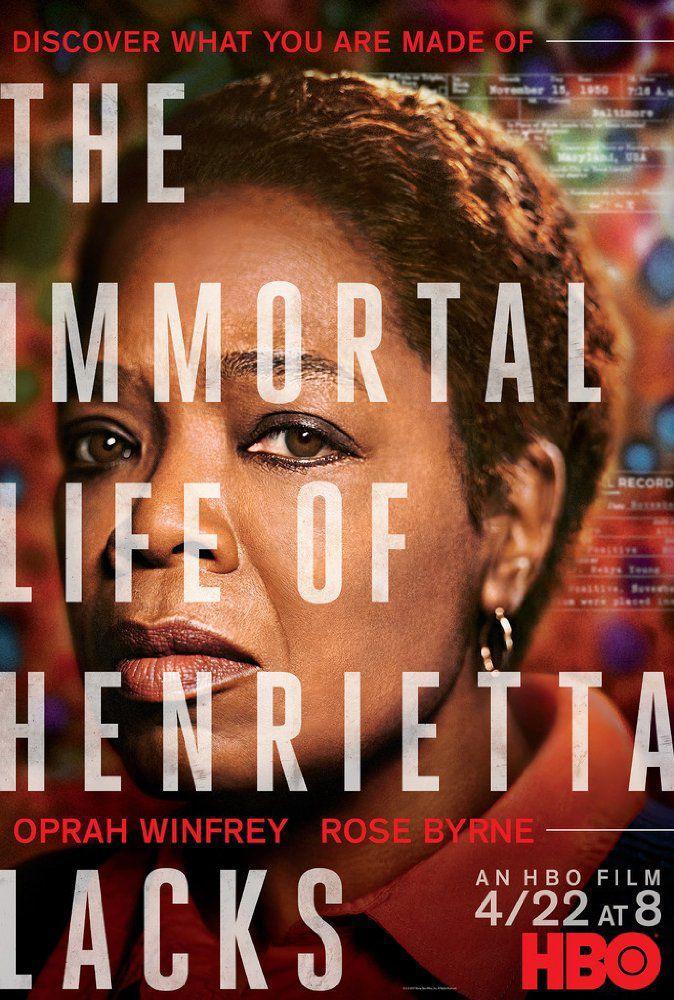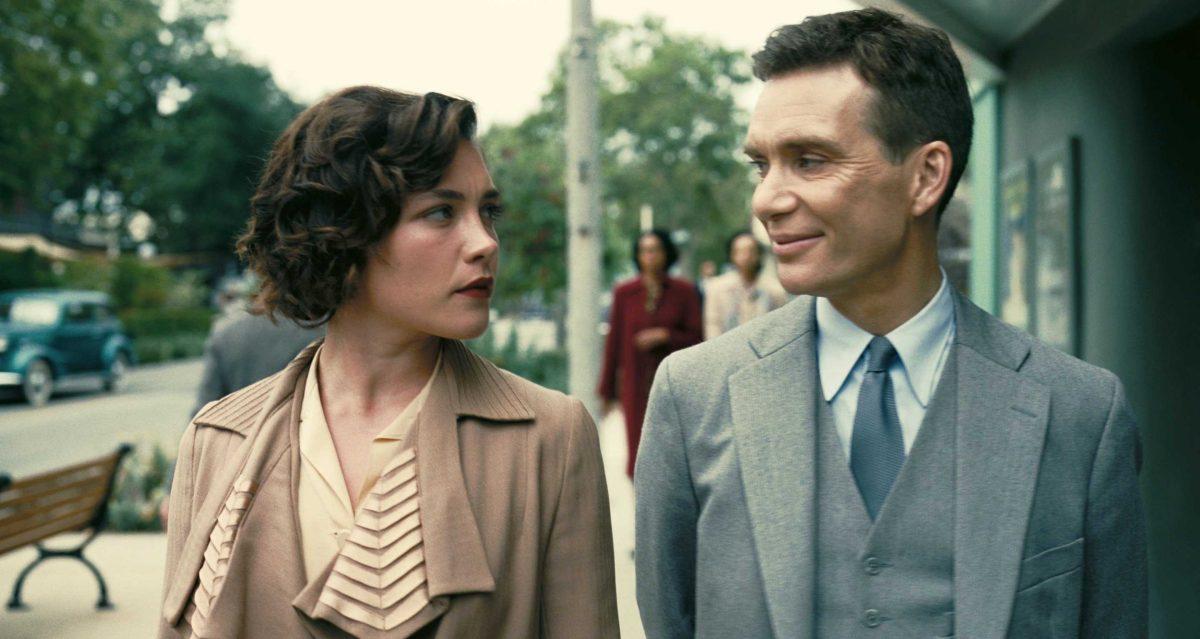“The Immortal Life of Henrietta Lacks” was originally a bestselling book about the cells that led to a medical science breakthrough — the immortal cell line known as HeLa.
STARS: 3/5
This miraculous discovery was named after and stemmed from a young African-American woman, Henrietta Lacks, who was diagnosed with cervical cancer in 1951. A piece of the tumor was removed and used for research without her knowledge, but ultimately led to very important discoveries in the biomedical field.
The book and subsequent HBO TV movie that premiered April 22 focused on her family and the woman behind some of the most important cells in history.
The made-for-TV movie, starring Oprah Winfrey as Lacks’s daughter Deborah, takes a more personal approach to the science-heavy story. One issue I did have with this made-for-TV movie was that the writers left out crucial context and the background necessary to give audiences a proper picture of Lacks’s life — one that was a mosaic of race, ethics and familial relationships.
The film seemed to mix up events at times and highlighted some things that weren’t as important as those that were left out.
Rose Byrne plays the book’s author, Rebecca Skloot, and the film focuses on her journey to get in touch with the Lacks family decades after Henrietta’s death. Byrne and Winfrey have good onscreen chemistry, but Winfrey is the true standout star.
Her character Deborah was young when her mother died and her life only got more difficult from there. Winfrey delivers an emotional and real performance, one that is so genuine it almost makes you feel as though Winfrey is actually Henrietta’s daughter.
Deborah is fed up after years of unfair decisions and manipulative people who have invaded her life because of her mother’s contributions to the medical world.
The best part of the film is undoubtedly the focus on Deborah coming to terms with who her mother was and the true mark she left behind, without even knowing it. Deborah struggled with discovering things about her own life and how the cells her mother left behind have benefitted so many people — everyone except her own family.
Watching Deborah let Skloot in, where she had never let others go before, is touching and poignant. I think HBO’s decision to adapt this book into a movie to further spread the story and highlight injustices of this remarkable case, was a good one.
Nothing is perfect, but the movie tried its best to give black voices a platform in which to speak on the questionable ethics involving the HeLa cells. Even with standout performances from Winfrey and Renée Elise Goldsberry, who portrays Henrietta in well-depicted flashbacks, the movie still has a touch of white-washing.
This slightly taints the racial theme, which could have been stronger, especially with this cast and story. Besides this, overall the movie does what it’s supposed to do — tell the Henrietta Lacks story in its entirety, and the cells’ effect on the Lacks family and society today.
Institutional racism is a central aspect of the book and the movie definitely acknowledges how Lacks was wrongfully treated by greedy, discriminatory institutions.
If you’re more interested in the full and complete story, the book is the way to go. But if you want to see Winfrey give this performance her all, then it’s worth the watch solely for that reason. The movie falls short with its confusing structure and at times overly basic dialogue, but the message it sends makes up for it.
Rev Ranks: “The Immortal Life of Henrietta Lacks” carried by Oprah’s performance
April 28, 2017
The HBO TV movie “The Immortal Life of Henrietta Lacks” was aired April 22, starring Oprah Winfrey and Rose Byrne.
More to Discover













